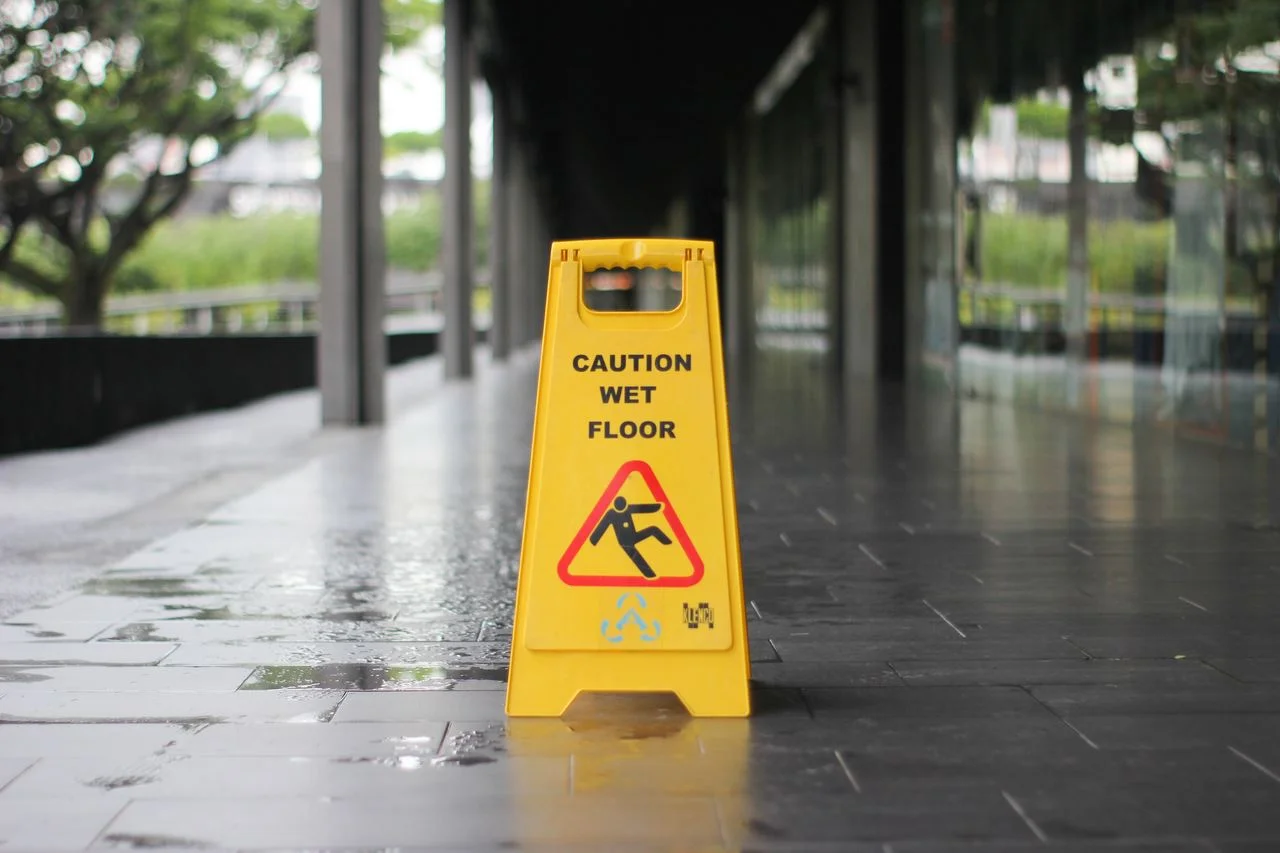Premises Liability in California: Slip and Fall Accidents and Compensation

Premises liability is a legal concept that holds property owners accountable for maintaining a safe environment for visitors. In California, slip and fall accidents are a common cause of premises liability claims. This article aims to provide information on navigating slip and fall incidents and seeking compensation within the legal framework of California.
Understanding Premises Liability
Property owners have a legal obligation to keep their premises safe for those who enter. This duty extends to maintaining walkways, fixing hazardous conditions promptly, and providing adequate warnings when necessary. When a property owner fails to meet these obligations, and an accident occurs as a result, premises liability may come into play.
Common Causes of Slip and Fall Accidents
Wet or Slippery Floors
Spills, leaks, or freshly cleaned floors can pose significant risks if not addressed promptly.
Uneven Surfaces
Cracked sidewalks, uneven flooring, or poorly maintained stairs can lead to trips and falls.
Inadequate Lighting
Poorly lit areas can conceal hazards and increase the risk of accidents, especially in stairwells or parking lots.
Lack of Warning Signs
Failing to provide warning signs for potential hazards, such as wet floors or ongoing construction, can contribute to accidents.
Establishing Liability
To pursue compensation in a slip and fall case, the injured party must establish the property owner’s liability. This involves proving:
- Negligence: Demonstrating that the property owner was negligent in maintaining a safe environment.
- Causation: Establishing a direct link between the property owner’s negligence and the slip and fall incident.
- Injury and Damages: Providing evidence of the injuries sustained and the resulting damages, such as medical expenses and lost wages.
Comparative Fault in California
California follows a comparative fault system, which means that if the injured party is found partially responsible for the accident, their compensation may be reduced accordingly. It’s crucial to assess the circumstances surrounding the incident and determine the degree of liability.
Seeking Compensation
Compensation in slip and fall cases may cover medical expenses, lost wages, pain and suffering, and other related damages. It’s essential to document all relevant information, including medical records, incident reports, and witness statements, to build a strong case.
Statute of Limitations
In California, there is a limited time frame within which a premises liability claim must be filed. Generally, the statute of limitations is two years from the date of the injury. Failing to initiate legal action within this time frame may result in the loss of the right to seek compensation.
Consulting with an Attorney
Navigating premises liability cases can be complex, and seeking legal advice is advisable. An experienced personal injury attorney can assess the details of the case, guide the injured party through the legal process, and advocate for fair compensation.
Conclusion
Slip and fall accidents are not merely unfortunate incidents but can have lasting consequences. Understanding premises liability laws in California is crucial for those seeking compensation after such incidents. By taking informed and timely action, individuals can navigate the legal complexities and pursue the compensation they deserve.
